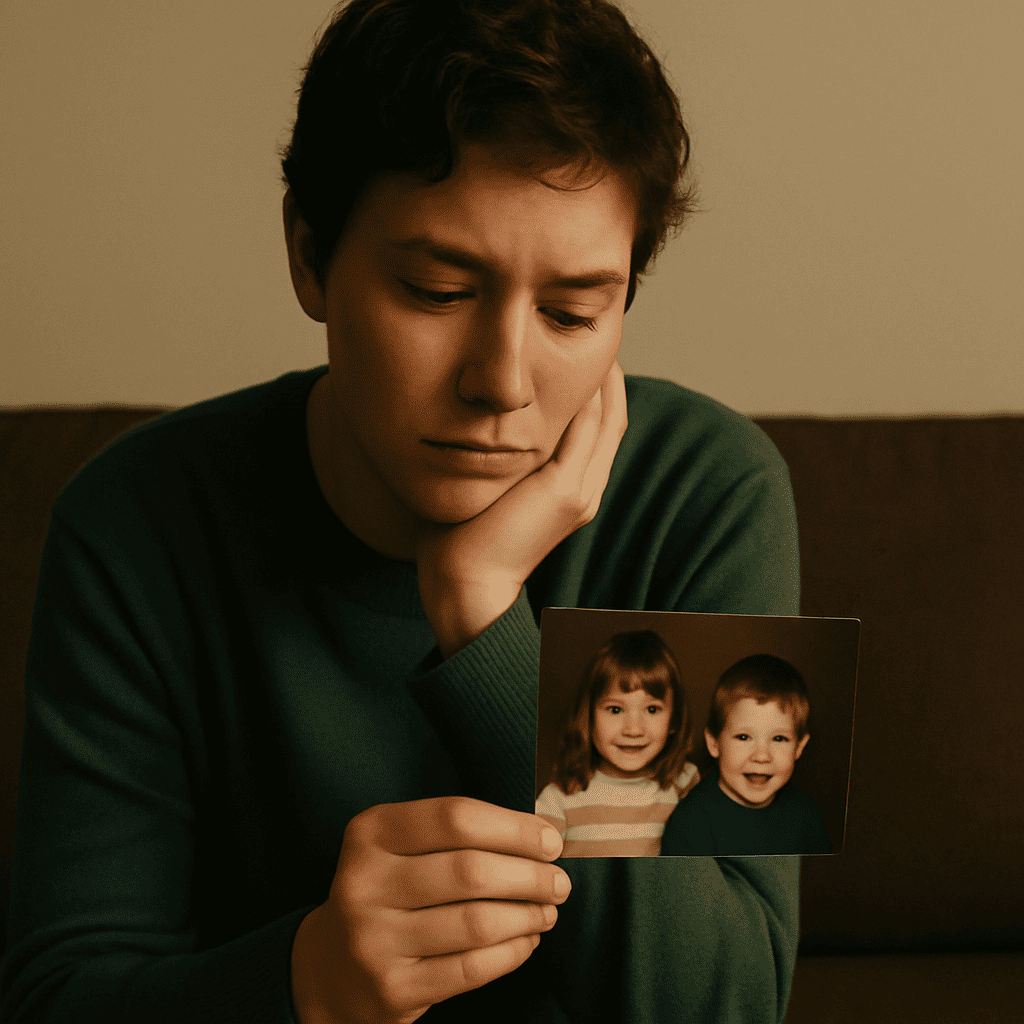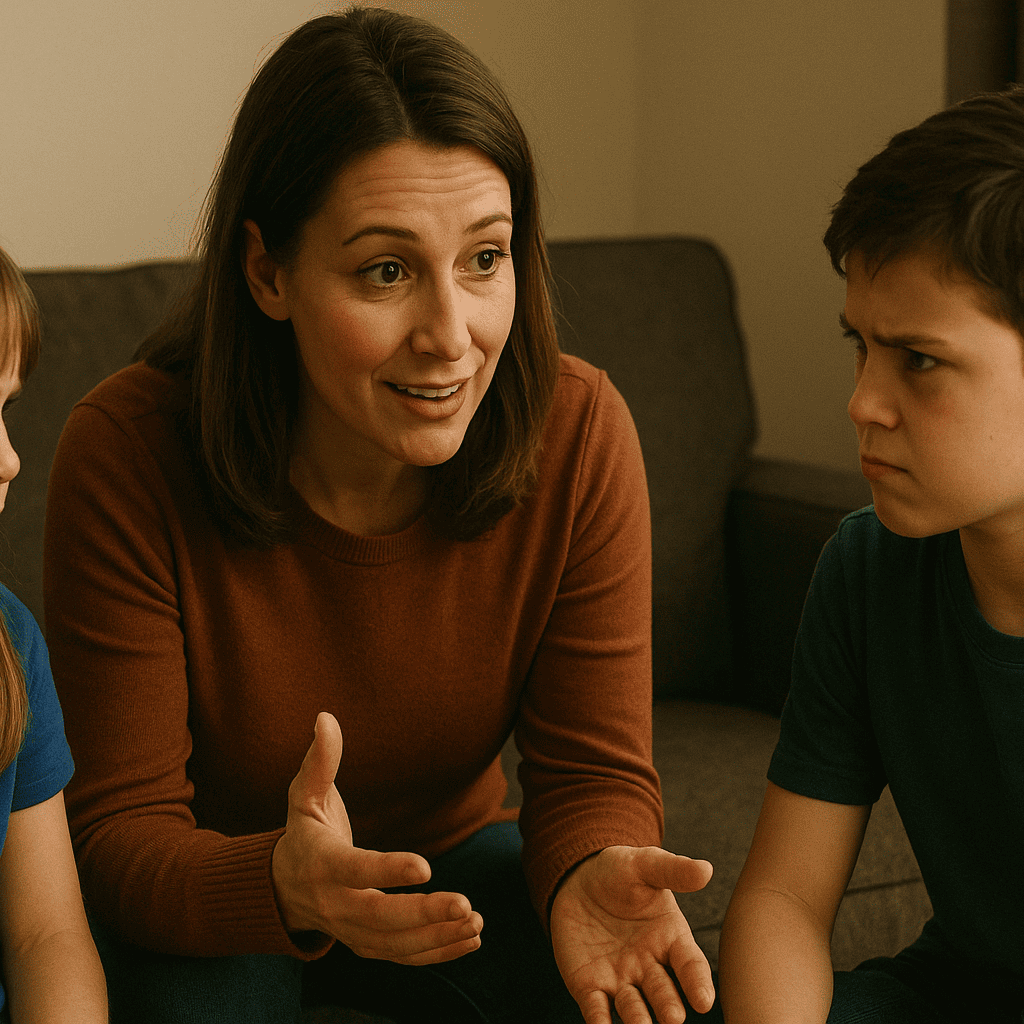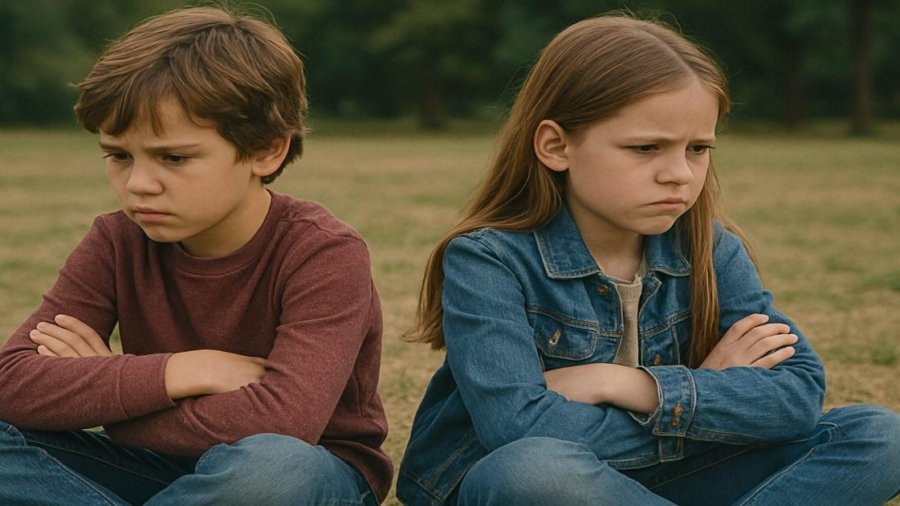It is said, “When the world is unkind, just go home.” But what happens when home itself feels like a war zone? When the very place that should offer safety becomes a source of emotional harm? And when the deepest wounds are not caused by outsiders, but by the brothers and sisters we grow up with, side by side.
The very first relationships we ever form are not with classmates or colleagues; they are with our families. And of all those early bonds, it is generally our relationships with our siblings that has the greatest impact on us. Siblings are our first playmates, rivals, confidants, and sometimes, our biggest critics.
It is natural for siblings to fight or compete from time to time. In fact, occasional conflict is a normal part of growing up together. However, when rivalry becomes constant, intense, or emotionally damaging, it moves beyond the realm of healthy development. When these disagreements begin depreciating a child’s self-esteem, contributing to anxiety, or inflicting lasting emotional scars, they are no longer “just a phase”, they are a matter of mental health concern that requires understanding and care.
Understanding the Roots of Sibling Rivalry
Sibling rivalry can begin even before the birth of the second child. And when parents begin to give birth to more than one, children may compete for parental attention, resources, affection, or approval. Sometimes, how caregivers respond to these early tensions plays a significant role in whether rivalry remains healthy or turns toxic.
Some common causes include:
- Unequal parental attention
- Comparisons based on achievements or behaviour
- Differences in temperament or interests
- Competition for identity, especially in close-aged siblings
Favoritism, either subtle or overt, in some families can create a deep-seated sense of inferiority in one child. If left unchecked, these patterns may follow children into adolescence and adulthood, manifesting as anxiety, resentment, or chronic low self-esteem.
Signs Sibling Rivalry Has Become a Mental Health Issue
Fighting among most siblings is inevitable. But there are some warning signs when these conflicts goes beyond healthy competition and ventures into unhealthy ground. There are a few red flags that signal deeper psychological harm:
Emotional Symptoms
- Increased anxiety or depression
- Withdrawal from family interactions
- Low self-esteem or chronic self-doubt
Behavioral Symptoms
- Aggression or bullying between siblings
- Refusal to spend time together
- Acting out in school or social settings
Psychological Consequences
- Internalised stress and emotional dysregulation,
- Persistent self-blame
- Psychological distress, such as anxiety disorders, depression, low resilience, or even trauma symptoms
The Lasting Impact on Adult Mental Health

While sibling rivalry mostly begins in childhood, its emotional effects can extend far beyond it. Unresolved tension, repeated comparisons, or rigid family roles may shape adult behaviour, identity, and mental health. The following are some of the most common ways these dynamics continue to shape emotional well-being in adulthood.
1. A persistent inner critic, formed through comparison
Growing up in the shadow of a more celebrated sibling can create an internal voice that constantly questions your worth. This “inner critic” often sounds like:
- “You are never good enough.”
- “Why even try if they will always do it better?” and “You always fall short.”
Even in adulthood, this voice surface in work life, in relationships, or in pursuit of our goals. It can prevent risk-taking and reinforce imposter syndrome. What makes it especially damaging is that others generally can’t detect it because it is masked as humility or perfectionism. While it subtly eroding off self-confidence.
2. Anxiety triggered by family gatherings or perceived competition
Adults who grew up in high-conflict sibling environments feel anxious, instead of joyful, when family events approach. This is especially true if old patterns like being teased, dismissed, or excluded continue to surface over the holidays or reunions.
This anxiety may manifest as:
- Overthinking how to dress, speak, or behave to avoid judgment
- Physical symptoms like headaches or stomach pain before family events
- Having to psychically prepare before seeing siblings
3. Difficulty trusting others or forming close relationships
Conflict between siblings involving betrayal, exclusion, or emotional cruelty can distort a child’s basic understanding of trust. If a sibling once mocked their vulnerability, invaded their privacy, or competed for parental love in harmful ways, the message learned from these experiences is: “Even those closest to me can hurt me.“
This belief often spills into adult relationships, making intimacy feel risky or unsafe. Adults with this history may:
- Keep emotional distance even from close friends or partners
- Expect conflict or betrayal in healthy relationships
- Struggle with opening up, fearing judgment or comparison
We most at times do not realise that our guardedness is a product of family experiences. But trust this, once you have been broken early, it can take years to rebuild, especially if those wounds were ignored or dismissed.
4. Emotional scars or Internalised beliefs
Parental comparison can cause long-term emotional harm. Whether a child is labeled as “the smart one,” “the difficult one,” or “the successful one,” these labels can box individuals into identities they did not choose. In families where one sibling is continually praised to the detriment of another who is quietly overlooked or criticised, deep emotional wounds can develop.
These invisible injuries often show up later in life as perfectionism, imposter syndrome, or chronic self-doubt. The blog post Breaking the Comparison Cycle in My Family gives insight into how these roles can be unlearned and how healing can begin.
5. Family roles and emotional burden
Typically, the eldest child bears the brunt of family expectations, especially in cultures where caregiving and achievement are heavily emphasised. These expectations can cause silent anger, emotional burnout, and self-sacrificial habits that persist into adulthood. When one sibling is burdened with responsibility while others are excused, rivalry can take the form of quiet bitterness and emotional exhaustion.
The powerful narrative How I Freed Myself from the Eldest Daughter Syndrome captures this complex experience and offers hope for those learning to prioritize their own needs without guilt.
What Caregivers Can Do to Prevent Harm

Parental intervention is crucial in turning rivalry into resilience.
- Avoiding comparisons and labeling
- Validating each child’s feelings
- Teaching conflict resolution instead of taking sides
- Spending quality one-on-one time with each child
Even small changes like calling out kindness between siblings or letting each child shine in their own way can shift the emotional tone of the household.
Seeking Professional Help
When sibling rivalry becomes a source of long-term psychological distress, professional therapy may be needed. Family therapy can help address unresolved tension, whereas individual counseling allows each sibling to process and reframe painful experiences.
Research by the National Institute of Mental Health supports early intervention as a key factor in preventing lifetime emotional harm. The sooner these wounds are addressed, the easier it becomes to rewrite the narrative.
Final Thoughts
Sibling rivalry is often brushed off as part of childhood. But when it starts to erode self-worth, fuel emotional trauma, or persist into adulthood, it deserves to be taken seriously. No child should grow up feeling unseen, unheard, or unloved in their own home. And no adult should carry those scars in silence.
Healing begins when we validate the pain and choose a different path, one rooted in self-compassion, emotional boundaries, and the courage to rewrite our family story.



[…] too, childhood trauma stems not from strangers but from the homes we grow up in. When Sibling Rivalry Becomes a Mental Health Concern addresses how unresolved sibling dynamics can contribute to emotional insecurity […]